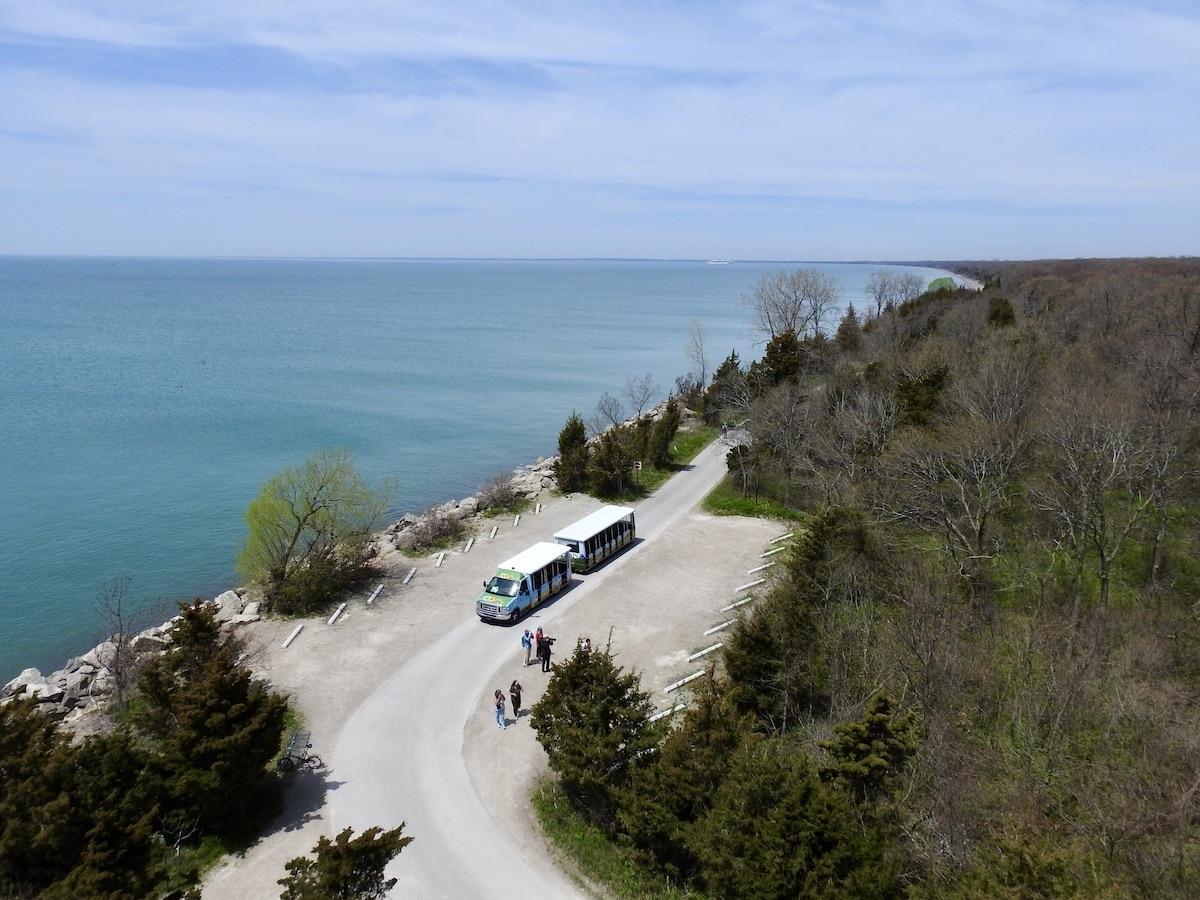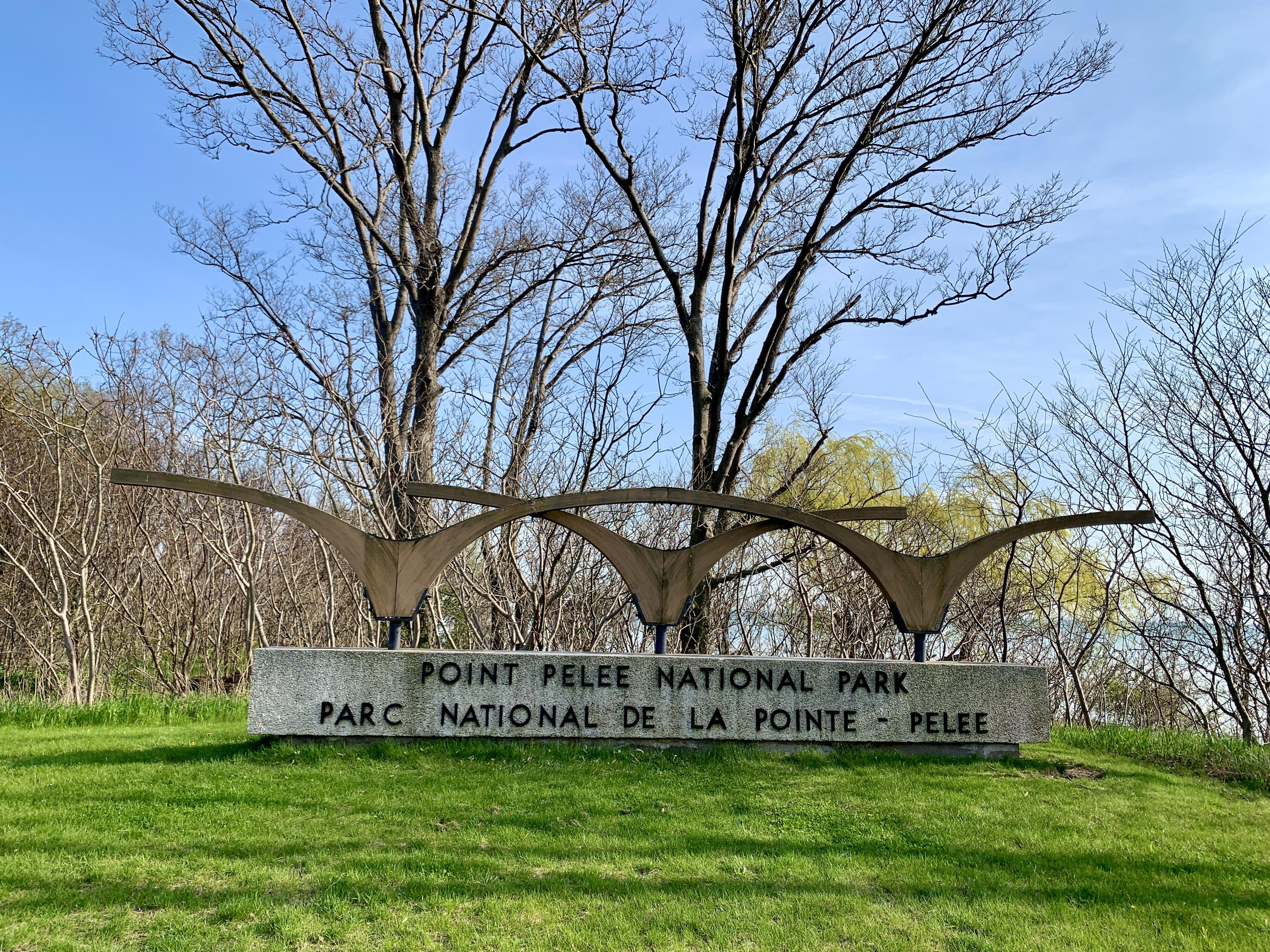
Point Pelee National Park has too many white-tailed deer and so to manage them, it does an annual cull with Caldwell First Nation/Jennifer Bain
Point Pelee National Park has closed to conduct an annual deer cull with the Caldwell First Nation. The Leamington, Ontario park closed Jan. 5 and will reopen Jan. 21.
Parks Canada says a high population (hyperabundance) of white-tailed deer in Point Pelee “is a serious threat to forest and savannah health and the species that depend on these precious habitats.”
Through over-browsing, the deer are consuming and damaging native plants faster than they can regenerate, and threatening the health of the Carolinian Forest, which is home to a number of species at risk such as the Red Mulberry Tree, Eastern Wood-Pewee and Eastern Foxsnake. Deer are also jeopardizing efforts to restore the Lake Erie Sand Spit Savannah, a globally rare ecosystem that supports 25 per cent of the species at risk in the park, including the Five-lined Skink.
Based on over 30 years of research and monitoring, Parks Canada believes that a healthy and balanced environment in Point Pelee would ideally support 24 to 32 deer but the current deer herd population is about two times higher than this target.

Point Pelee is in southwestern Ontario near Leamington/Jennifer Bain
Point Pelee is home to a large amount of leafy vegetation and experiences mild winters. It also lacks natural predators such as wolves, bears and cougars which would normally keep the deer population in balance.
Population reduction is reserved for situations of absolute necessity and Parks Canada has been collaborating with Caldwell First Nation for a number of years to actively manage the deer population in order to protect the park's sensitive ecosystems. The meat, hides, skulls and antlers of animals taken during the reduction will be used by Caldwell First Nation members for personal, community and ceremonial purposes and provide access to traditional food sources.
The deer reduction is part of the Hyperabundant Deer Management Program, which includes ecosystem monitoring, deer population monitoring, species at risk protection, ongoing research and collaboration, and reducing the white-tailed deer population to sustainable levels based on the park's goals to achieve ecological integrity — the health and wholeness of the environment and nature.


